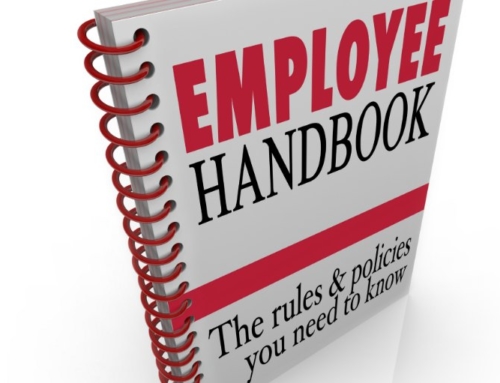The HR Pros / November 2016
Tuesday afternoon, a federal judge for the U.S. District Court for the Eastern District of Texas issued a nationwide preliminary injunction on the Department of Labor’s new overtime rules, which were slated to go into effect in just over a week on December 1, 2016. The judge ruled that the Department of Labor (DOL) likely overstepped its rulemaking authority by raising the salary threshold as high as it did and by implementing the automatic increase every three years.
What this means now:
- The effective date of the rules has been delayed indefinitely.
- Employers may choose not to implement the changes they had planned for Dec. 1 compliance.
- The new rules have not been thrown out or invalidated – at least not yet.
The judge has not made a final ruling in the case, but the fact that he issued the injunction suggests that he is leaning in favor of the groups that want to stop the rule changes. It is also possible that his final decision will allow some parts of the rule to stand but not others. The DOL has indicated that in the meantime they are considering their legal options with respect to the preliminary injunction.
Employers are obviously wondering whether they should move forward with the changes they have been planning. Unfortunately, this is a difficult question to answer and ultimately a business decision, which is much harder than a compliance decision. Although employers are not required to make changes, they may want to consider the following:
- Will it hurt the bottom line to make the changes? If so, how much?
- Will it be difficult to undo changes that have already been made?
- How will employees feel about the decision? Did they like the changes? Hate the changes?
- Is the new pay structure better than what is in place now?
- If the changes aren’t implemented now, will it be possible to make them on short notice in the future?
At this point, we do not know how long the injunction will be in place or if the rules will be thrown out entirely. We will be keeping an extremely close eye on this case and will issue further e-Alerts when actionable information is made available.




